Choir Classes Stick to Talking
September 24, 2020
The choir program has experienced an ever-changing last five years with four different directors in that time, However, the ongoing COVID-19 pandemic may bring a change even more class-altering than a change in teacher.
“Singing is a super-spreader event [for COVID-19],” said Choir Director Chris Boveroux. According to the Centers for Disease Control, singing in close quarters easily spreads COVID-19 through the air, even more than talking.
“In Washington state, one positive [of a choral singer] led to an infection rate of 50-80% of the entire choral group, killing two people,” Boveroux said. “Preliminary research in Germany suggests that singing, even at 1.5 meters (five feet), was unsafe.”
Research at UC-Boulder indicates that singing can be safe with adequate masking, but PHS has decided to take the safest option–not singing at all.
“Singing has never been the only thing students do in choir,” said Boveroux. “Middle school classes have been focusing on things such as posture, breathing, and sight reading…High school has been working on choral research and the phonetic alphabet.”
When it comes to performances, administrators and Boveroux are in full agreement.
“Without new air filters in the choir room and auditorium’s circulation system, Dr. Wise and I decided that asking students to come together for a choral performance wasn’t worth the risk to themselves, their loved ones, or other students,” said Boveroux.
The transition into not singing hasn’t only been a change for Boveroux, but for students as well. “It’s been weird not singing in choir,” said junior Zoe Jennings. “I have liked learning different things about music though.”
The PHS choral department hopes to be able to begin singing and performing during the second semester of the 2020-2021 school year.

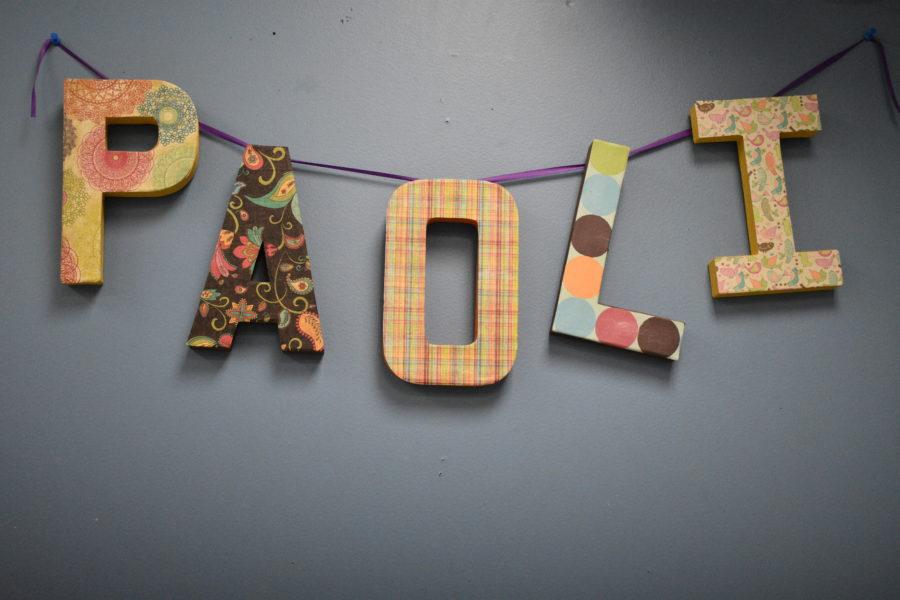
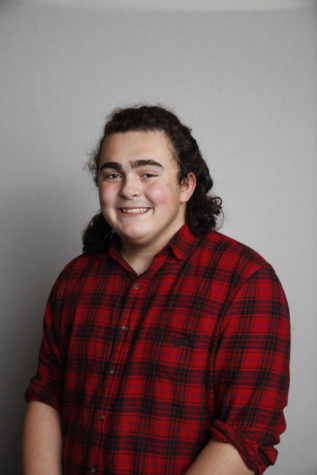
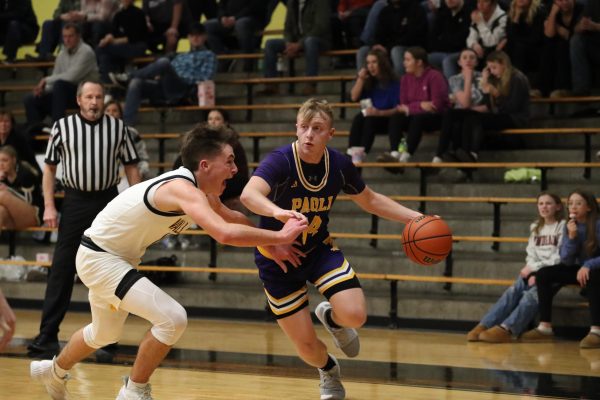
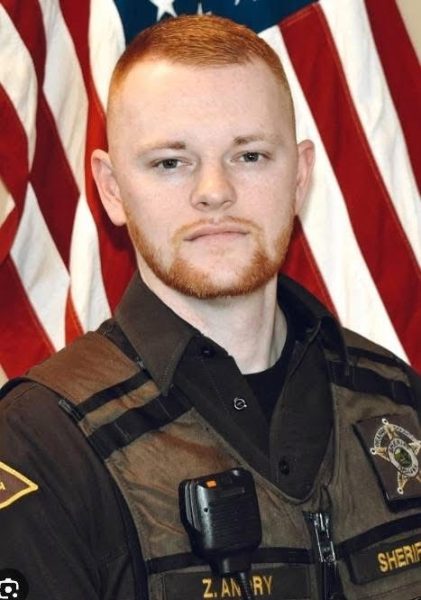
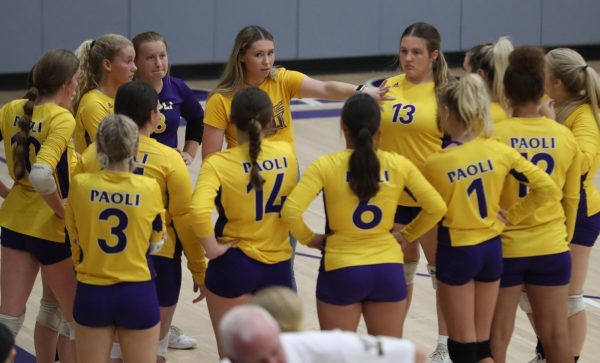
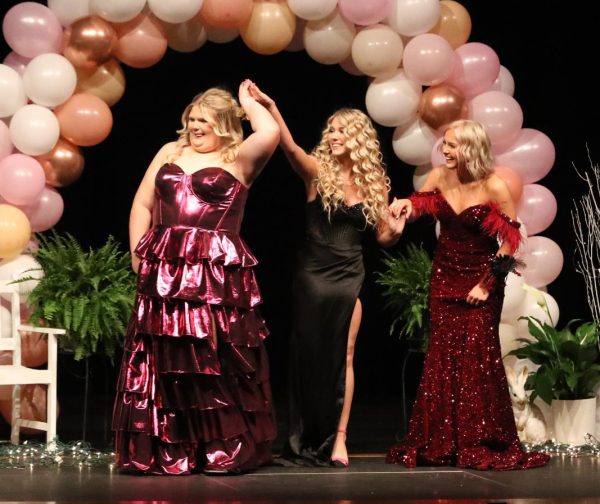
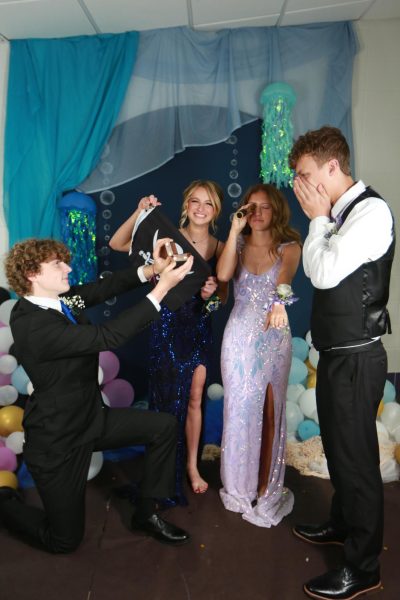
![Paolite [Print Edition] Issue 6](https://phsmedianews.com/wp-content/uploads/2025/06/Screenshot-2025-05-12-192230.png)

